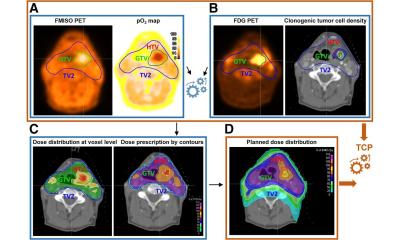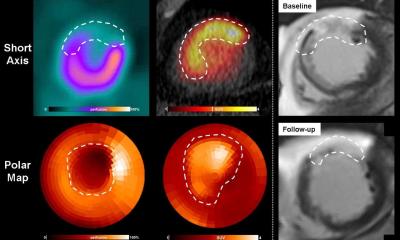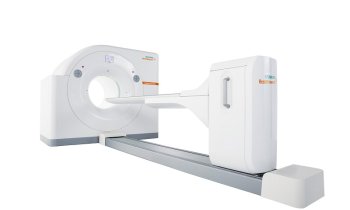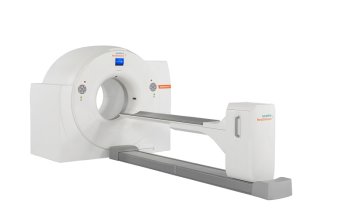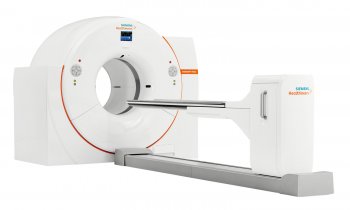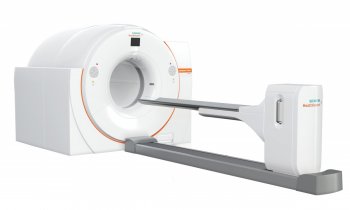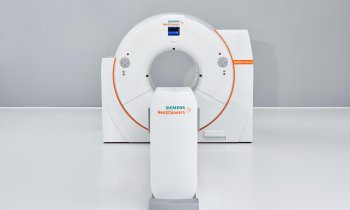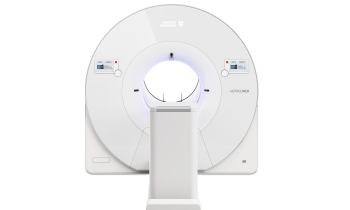Seasonal mood changes visualised by PET
Seasons change - and so does our mood. When days become shorter and hours of sunlight become fewer some of us suffer from seasonal depression. Brain scans taken at different times of the year brings it to light: sun makes happy.
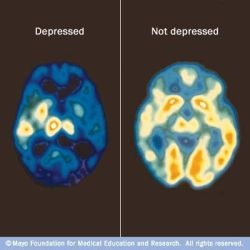
PET scan of brain for depression
The positron emission tomography (PET) scans were obtained during a trail by Nicole Praschak-Rieder, M.D., and Matthaeus Willeit, M.D., of the Centre for Addiction and Mental Health and the University of Toronto, Ontario, Canada, and colleagues. "Our findings have important implications for understanding seasonal mood change in healthy individuals, vulnerability to seasonal affective disorder and the relationship of light exposure to mood," they conclude. "This offers a possible explanation for the regular reoccurrence of depressive episodes in fall and winter in some vulnerable individuals."
They found out that the actions of the serotonin transporter—involved in regulating the mood-altering neurotransmitter serotonin—vary by season. The serotonin transporter, a protein that binds to serotonin and clears it from the spaces between brain cells, "is a key element in regulating intensity and spread of the serotonin signal," the authors write in a report published in the September issue of Archives of General Psychiatry, one of the JAMA/Archives journals.
"It is a common experience in temperate zones that individuals feel happier and more energetic on bright and sunny days and many experience a decline in mood and energy during the dark winter season," the article explains as background information. This is thought to be related to variations in brain levels of serotonin, which is involved in the regulation of functions such as mating, feeding, energy balance and sleep. The researchers studied 88 healthy individuals (average age 33) between 1999 and 2003. Participants underwent one PET scan to assess serotonin transporter binding potential value, an index of serotonin transporter density. The higher the binding potential value, the less serotonin circulates in the brain. For the analysis, individual scans were grouped according to the season of the scan—fall and winter or spring and summer.
"Serotonin transporter binding potential values were significantly higher in all investigated brain regions in individuals investigated in the fall and winter compared with those investigated in the spring and summer," the authors go on. When they matched binding potential values to meteorological data, the researchers found that higher values occurred during times when there were fewer hours of sunlight per day.
"An implication of greater serotonin transporter binding in winter is that this may facilitate extracellular serotonin loss during winter, leading to lower mood," the authors go on. "Higher regional serotonin transporter binding potential values in fall and winter may explain hyposerotonergic [related to low serotonin levels] symptoms, such as lack of energy, fatigue, overeating and increased duration of sleep during the dark season."
Picture: Mayo Foundation for Medical Education and Research
03.09.2008
More on the subject:



